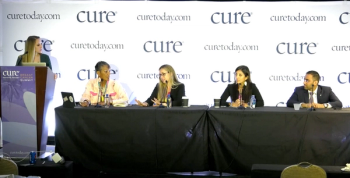
Watch Dr. Naomi Dempsey, Dr. Ana Sandoval Leon, Dr. Rupesh Kotecha and Ricki Fairley answer questions about HER2-positive disease during the CURE Educated Patient® Breast Cancer Summit at MBCC.

Watch Dr. Naomi Dempsey, Dr. Ana Sandoval Leon, Dr. Rupesh Kotecha and Ricki Fairley answer questions about HER2-positive disease during the CURE Educated Patient® Breast Cancer Summit at MBCC.
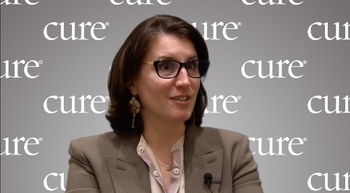
After a patient receives a kidney cancer diagnosis, there are some important conversations to have with their health care team.
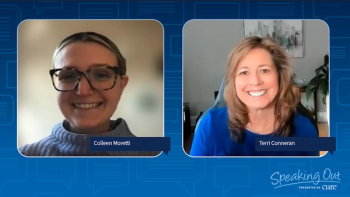
As a part of its Speaking Out Video series, CURE® spoke with Terri Conneran, on behalf of KRAS Kickers, about networking during a lung cancer diagnosis.

As a part of its Speaking Out Video series, CURE® spoke with Terri Conneran, on behalf of KRAS Kickers, about supportive services for lung cancer.

As a part of its Speaking Out Video series, CURE® spoke with Terri Conneran, on behalf of KRAS Kickers, about what biomarker testing is and why patients with lung cancer should advocate for themselves during that process.

As a part of its Speaking Out Video series, CURE® spoke with Terri Conneran, on behalf of KRAS Kickers, about the importance of second opinions during a lung cancer diagnosis.
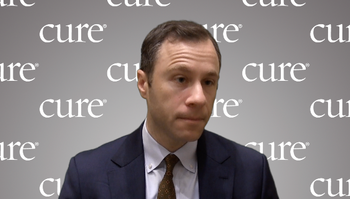
An expert explains what patients with low-grade prostate cancer can expect when undergoing genomic testing — and why the procedure is important.
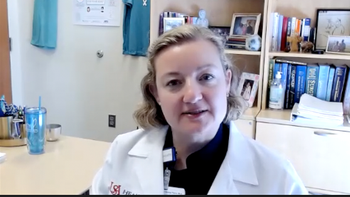
From education to second opinions, an expert offers tips to patients with cancer on self-advocacy, especially when it comes to fertility preservation.
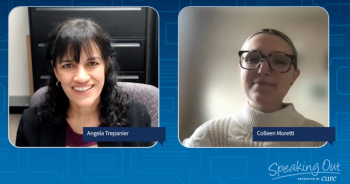
As a part of its “Speaking Out” video series, CURE® spoke with genetic counselor, Angela Trepanier, on behalf of FORCE, to grasp a better understanding of what genetic breast cancer is and what it means for patients and their families.
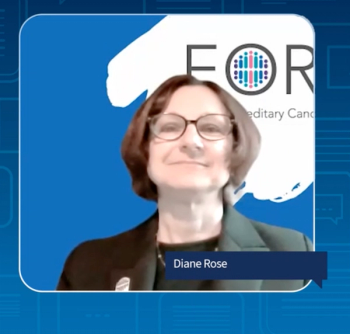
As a part of its “Speaking Out” video series, on behalf of FORCE, CURE® spoke with Diane Rose, their vice president of volunteer programs about the importance of support for those affected by hereditary cancers.
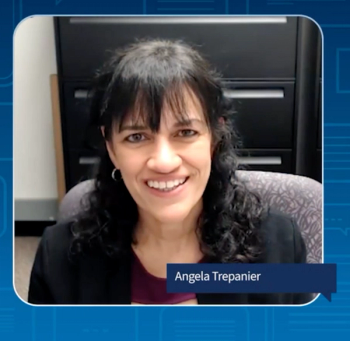
As a part of its “Speaking Out” video series, CURE® spoke with genetic counselor, Angela Trepanier, on behalf of FORCE, about disparities seen in genetic testing for caner.

As a part of its “Speaking Out” video series, on behalf of FORCE, CURE® spoke with Diane Rose, their vice president of volunteer programs, about how advocacy partnerships can bring greater awareness and education to patients with cancer and their families.
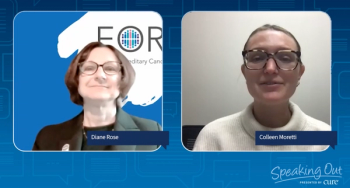
As a part of its “Speaking Out” video series, on behalf of FORCE, CURE® spoke with Diane Rose, their vice president of volunteer programs, about clinical trials for patients with hereditary cancers and those who have a risk of developing.

As a part of its Speaking Out Video series, CURE® spoke with Kenny Capps, from Throwing Bones for a Cure, about the importance of staying active during a multiple myeloma diagnosis.

As a part of its Speaking Out Video series, CURE® spoke with Kenny Capps, from Throwing Bones for a Cure, about the impact multiple myeloma has on a patient’s mental health and what they can do to help themselves.
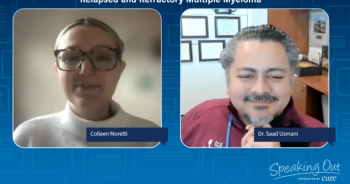
As a part of its Speaking Out Video series, CURE® spoke with Dr. Saad Usmani, on behalf of Throwing Bones for a Cure, about the future of multiple myeloma treatments.
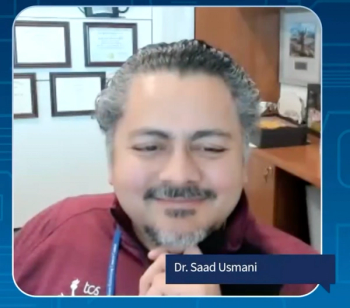
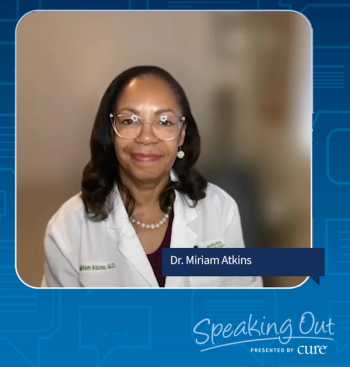
As a part of its “Speaking Out” video series, CURE® spoke with Dr. Miriam Atkins, on behalf of the Community Oncology Alliance, about how cancer care has changed over the years.
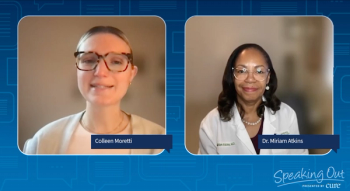
As a part of its “Speaking Out” video series, CURE® spoke with Dr. Miriam Atkins, on behalf of the Community Oncology Alliance, about how patients can better understand the emotions their oncologists may be going through during treatment.

As a part of its “Speaking Out” video series, CURE® spoke with Dr. Miriam Atkins, on behalf of the Community Oncology Alliance, about clinical trials in cancer care.


As a part of its “Speaking Out” video series, CURE® spoke with Dr. Miriam Atkins, on behalf of the Community Oncology Alliance, about the challenges patients and physicians face with insurance matters during cancer care.
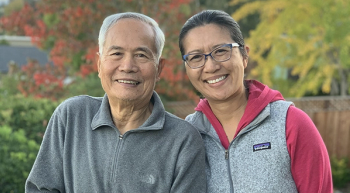

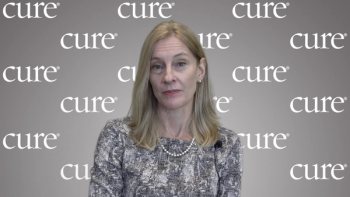
Patients with pancreatic cancer who underwent stereotactic body radiation tended to have fewer side effects and treatment sessions compared to those who had intensity-modulated radiation therapy.
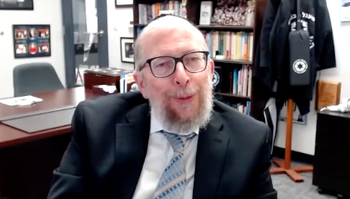
While some may say that teaching breathing techniques gives patients with cancer the “heebie-jeebies”, it can actually have a major impact on patients’ pain and stress, according to an expert.
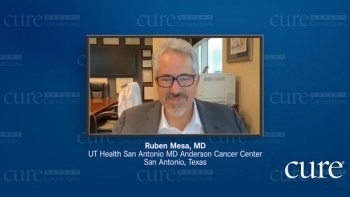
Before closing out their program on myeloproliferative neoplasms, Rami Komrokji, MD, and Ruben Mesa, MD, discuss the potential for progression of MF to acute myeloid leukemia and highlight key treatment strategies.
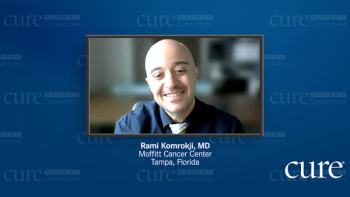
Comprehensive discussion on the management of myelofibrosis, covering both monotherapy and combination therapy strategies.
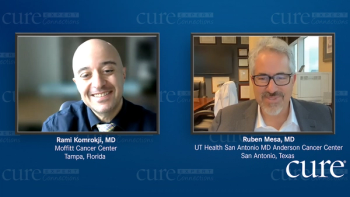
Focusing on clinical trials and novel therapies, Rami Komrokji, MD, and Ruben Mesa, MD, share their hope for the future management of essential thrombocythemia and polycythemia vera.

Expert perspectives on the possible adverse events patients may encounter while receiving treatment for myeloproliferative neoplasms.